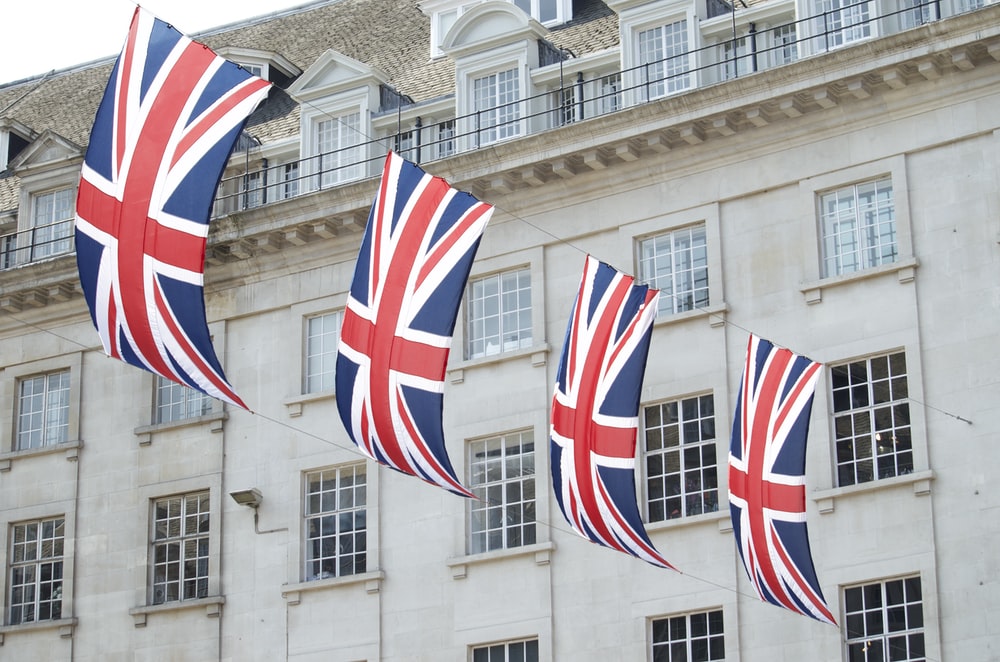The UK’s full custom controls have finally come into effect, marking the time for businesses to start planning their trade and logistics according to the new rules. Thanks to the introduction of the comprehensive custom controls in January, the government now requires UK businesses importing goods from the EU to make complete custom declarations or have the authorisation to make simplified declarations.
Let’s see how businesses can prepare for UK’s full custom controls!
UK’s Full Custom Controls
In January 2021, the UK government announced trade changes post-Brexit. These included complete export declarations on goods moving from Great Britain to the EU, the convenience of a 175-day delayed declaration on most imported goods in the UK, postponed VAT accounting for UK imports, relaxed custom paperwork requirements, and more.
However, in January 2022, the government changed the trade rules and now requires businesses to:
- Make full custom declarations
- Pre-notify the government about agriculture and food imports
- Pay for any traffic upfront (VAT-registered businesses can still use postponed VAT accounting
The government also plans to implement the following rules by 1st July 2022:
- Requirement of security and safety declarations
- Export Health Certificates requirement where necessary
- Border Control physical checks on agriculture and food imports
5 Ways Businesses Can Prepare for These Rules
Here’s how businesses can prepare for UK’s full custom controls:
Learn about the Import/Export Process
Many companies have already been following the export rules out of the UK, but the new customs controls will affect imports in the UK. Hence, it’s best to familiarise yourself with the ins and outs of the new UK trade regulations so that you can move goods across the EU-UK borders without facing delays.
Study Tariffs & Commodity Codes
The new rules might be complex for businesses as they vary depending on the goods, their origin, and characterisation. Post-Brexit, the UK-EU Free Trade Agreement ensured tariff-free imports between the EU and UK for goods that originated in the UK or EU.
The trade agreement doesn’t state that all goods moving between the two will be duty-free. It’s why you must learn the codes and tariffs related to your goods to complete the paperwork associated with your export/import. It will also enable you to pay the correct import VAT and customs duty.
Hire a Customs Intermediary or Do It Yourself
As a business owner, you can manage your declarations or hire a customs intermediary to do it for you. The latter will enable you to receive expert guidance. Just make sure to learn about the service they provide, how they can assist you, represent you directly or indirectly, and understand their liability policies and commercial regulations.
You will need to give them your EORI number, contracts or invoices for the goods you’re exporting or importing, restricted goods certifications or licenses, and clear goods descriptions. They might also require additional documents that you will need to give to them timely.
Prepare Paperwork Requirements for Goods
You might need to offer additional paperwork to the government based on what types of goods you’re importing into the country. It might include export health certificates and pre-notifications to move animal products and live animals, UK safety and security declarations, and duties and declarations still owed for goods imported from the EU since January 2021.
Prepare Your Supplier for Business
If you’re bringing goods into the UK from the EU, you will need a supplier willing to understand the UK’s full custom controls. Ensure that they can clear the goods through customs under the tariff-free status of the UK-EU Trade Agreement.
While it’s too early to determine the full effect of the UK’s custom controls on its trade with the EU, you need to follow the trade rules to ascertain your success as a business operating in the country.


